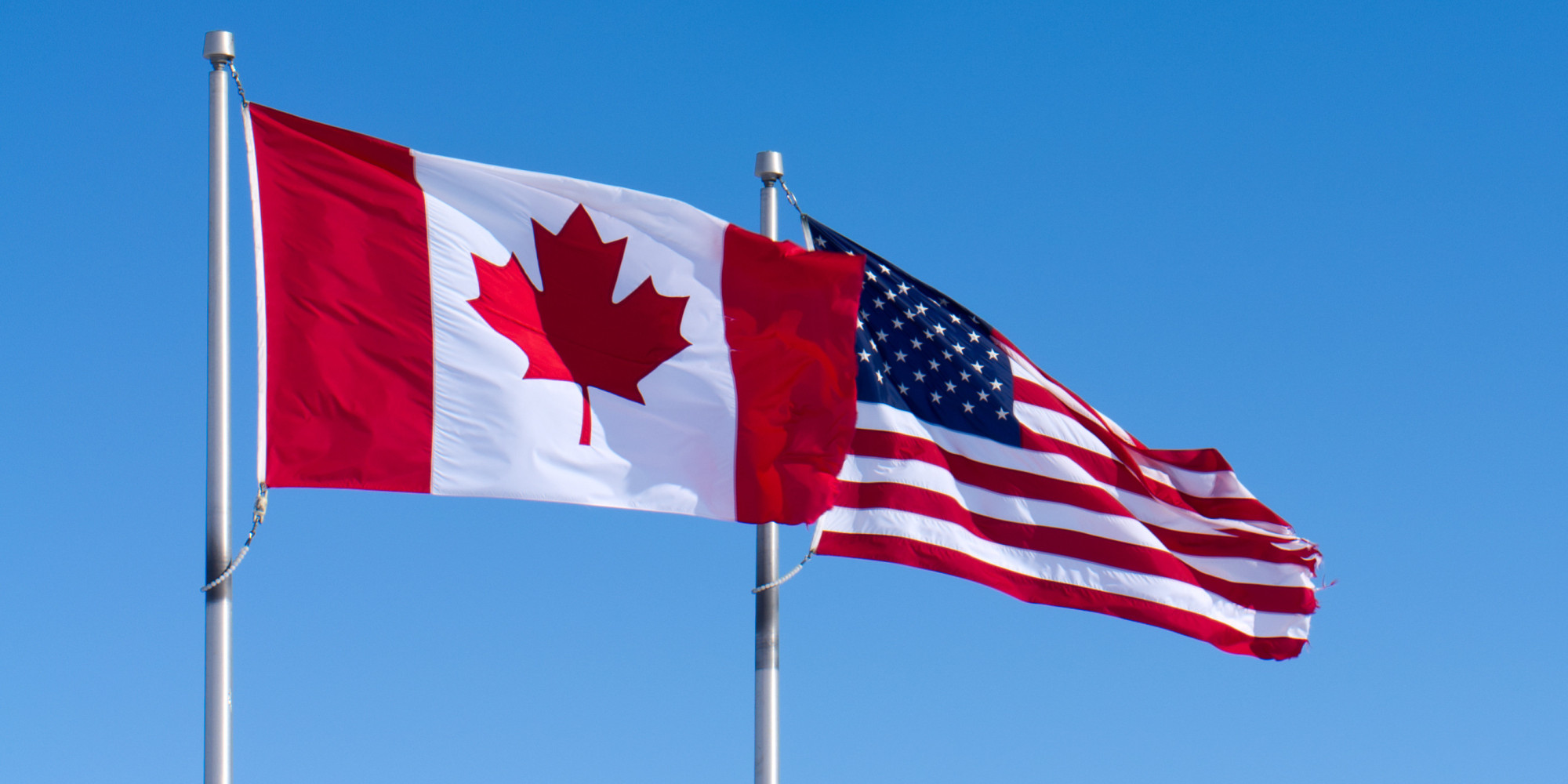White House Raises Tariffs on Canada to 35% and Adjusts Tariffs for Other Countries

President Donald Trump signed an executive order on Thursday, July 31, increasing tariffs on imports from Canada from 25% to 35%, with the new rate taking effect starting Friday, August 1.
A statement from the White House read: "In response to Canada's continued reluctance and response, President Trump deemed it necessary to raise tariffs on Canada from 25% to 35% to effectively address the current emergency situation."
The decision also included adjustments to tariffs on several countries, with the United States imposing varying percentages ranging from 10% to 41%. The list included Turkey, Israel, and Jordan at 15%, Iraq at 35%, Syria at 41%, Libya and Algeria at 30%, and Tunisia at 25%.
Canadian Prime Minister Mark Carney expressed disappointment with the U.S. decision, noting that this step will negatively impact the lumber, steel, aluminum, and automotive sectors.
Carney was quoted on the X platform as saying: "American tariffs will have a strong impact on our industries." He pledged to take measures to protect jobs in Canada, enhance local purchasing, invest in industrial competitiveness, and diversify export markets.
He indicated that Washington linked its decision to the smuggling of fentanyl across the Canadian border, but clarified that Canada "accounts for only 1% of those flows," reaffirming his country's efforts to further reduce this percentage.
This move is part of a continued escalation in U.S. trade policy since Trump took office in January, with the U.S. administration partially linking the increase in tariffs on Canada to Ottawa's alleged failure to address the fentanyl smuggling issue.